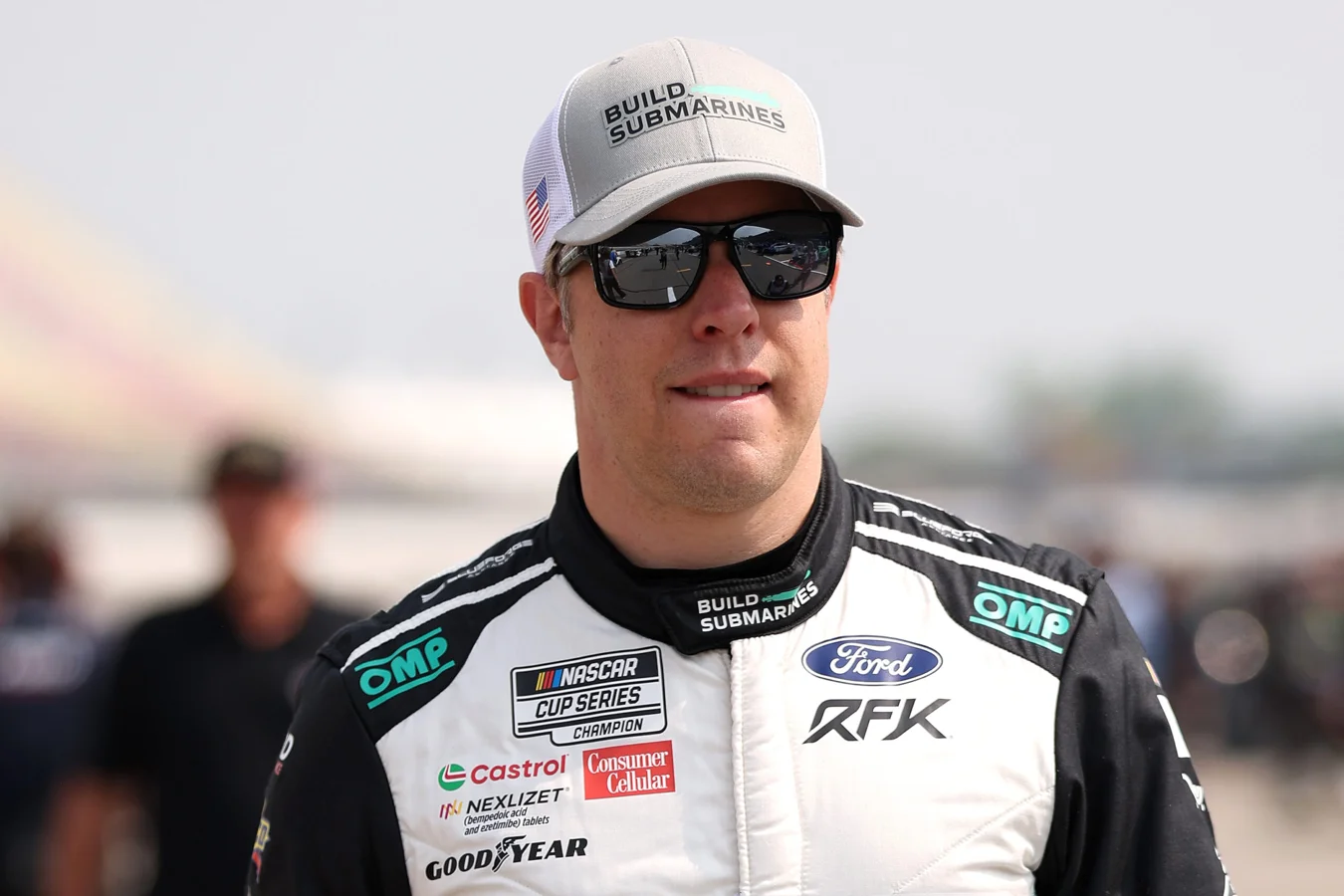Brad Keselowski has outlined three urgent areas for change within NASCAR, emphasizing the need for these improvements in order to restore the sport’s former prominence. Sharing his perspective on how to uplift NASCAR, Keselowski spoke candidly about solutions focused on revenue, competitiveness, and growth, directly addressing persistent concerns with the current state of the sport. The focus keyword, Brad Keselowski NASCAR improvements, captures the essence of his recommendations.
Keeeping Tracks Financially Sustainable Outside of NASCAR Events
As both RFK Racing co-owner and active driver, Keselowski has a unique vantage point on the sustainability of NASCAR’s venues. He highlighted that race tracks struggle to generate income when races aren’t happening, leading to visible emptiness and financial strains. His belief is that finding alternative sources of revenue during non-race days is critical. Keselowski explained the effect of this situation, stating,
“The tracks aren’t able to raise enough capital to invest in the fan experience, or they’re significantly subsidized out of the media rights (TV deal) to make their business sustainable,”
Keselowski, Team Owner/Driver. This lack of capital, according to Keselowski, has cascading consequences across the entire sport:
“That creates a series of dominoes downstream, whether it be the fan experience that doesn’t rival other sports or draining cash flow that potentially could be coming to the teams and enabling things like testing,”
Keselowski, Team Owner/Driver.
Keselowski’s argument is that when tracks depend heavily on NASCAR or the revenue from TV/media rights, there’s less funding available to reinvest in fans’ experiences and team development. By encouraging venues to diversify their income, NASCAR could enable improvements for everyone involved, from those in the stands to the teams competing on the track.
Restructuring the Playoff and Regular Season Emphasis
Keselowski then turned to NASCAR’s playoff system, a topic of intense debate in recent weeks. He criticized how the final ten playoff races are valued much more than the regular season’s 26 events. In his view, this undercuts the importance of regular races and undermines the entire competition’s health. He stressed,
“It’s demeaning to the other tracks and races,”
Keselowski, Team Owner/Driver. Furthermore, he critiqued the timing, adding,
“And unfortunately, those 10 races that are supposed to mean more are in direct competition with other sports. It muddies the water. It’s not working for the sport,”
Keselowski, Team Owner/Driver.
The disparity between playoff and regular-season races, Keselowski argued, diminishes the allure and value of many events on the calendar. Calls for playoff reform have intensified, with many participants in the NASCAR community questioning whether the current system best serves the sport’s future. As discussions around modifications gain momentum, the impact on NASCAR’s long-term competitiveness and fan engagement hangs in the balance.
Bringing More Manufacturers on Board
Keselowski’s third major recommendation targets growth opportunities through new partnerships. He encouraged NASCAR to actively recruit additional original equipment manufacturers (OEMs) to add diversity and investment. He described their potential impact as
“a high tide that raises all ships,”
Keselowski, Team Owner/Driver. By introducing new manufacturers, the increased financial input—alongside contributions from media rights holders—could support teams, push technological development, and enhance the overall experience for everyone connected to the sport.
Keselowski’s comments highlight the possibility for broader collaboration and evolving business models within NASCAR. Attracting more carmakers not only provides fresh competition but also draws investment that could address many of the challenges currently facing teams and tracks alike.
As NASCAR’s leadership evaluates these areas—with input from stakeholders like Brad Keselowski, Jeff Gluck, and others—how the organization chooses to respond could shape its trajectory for years to come. The outcome may determine whether NASCAR rebuilds its global presence and recaptures the robust interest that made it a major force in motorsports.
